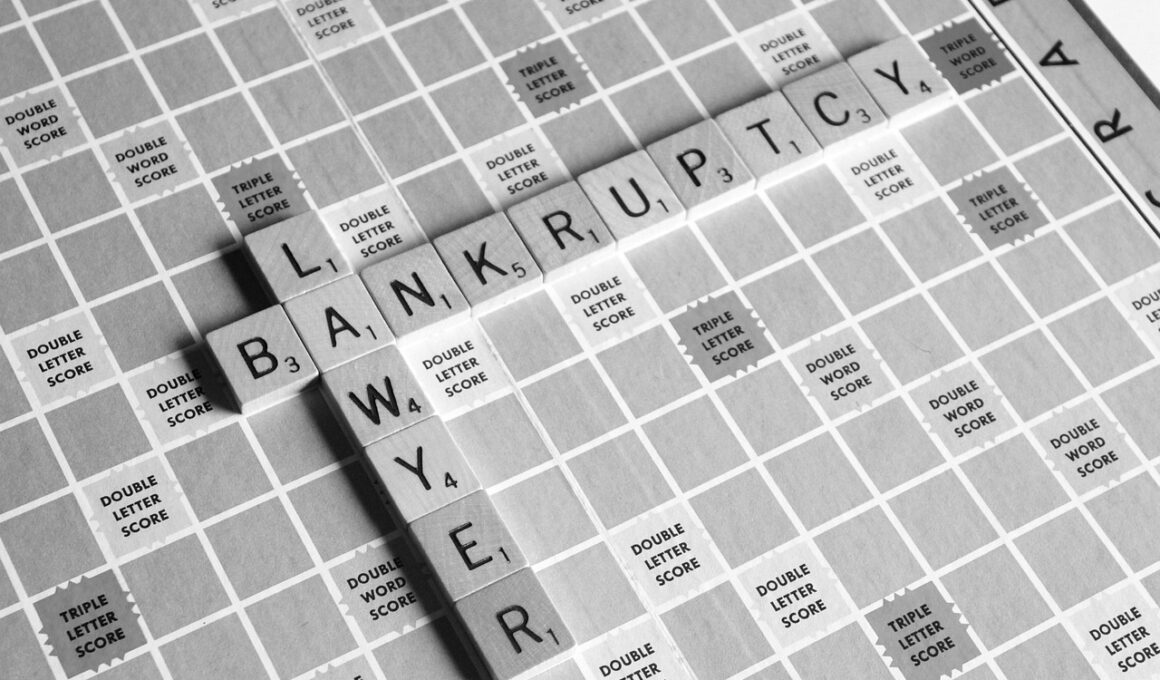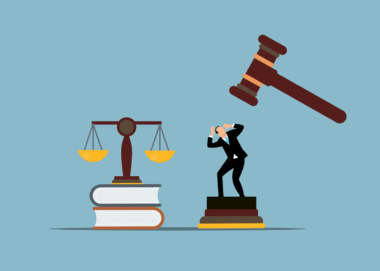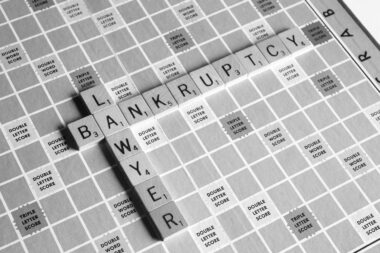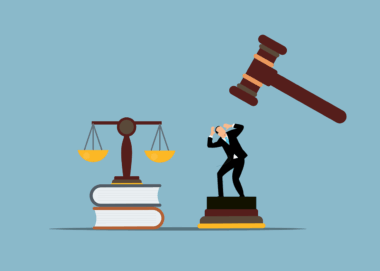The Role of Bankruptcy Judges in Shaping Bankruptcy Law
Bankruptcy judges serve as vital figures within the U.S. bankruptcy system. Their essential role involves overseeing cases that aim to reorganize or liquidate debtors’ assets. Judges apply complex laws to unique situations, making critical decisions affecting the financial futures of individuals and businesses alike. For instance, a judge’s interpretation of the Bankruptcy Code can significantly influence whether a debtor emerges from bankruptcy or faces extended financial hardships. As experts in financial law, these judges facilitate a balance between creditors’ rights and debtors’ needs. One of their primary responsibilities is to ensure fair treatment in the courtroom, aiming for a just resolution. Through their rulings, bankruptcy judges have the power to uphold legal standards, affecting the broader legal landscape. Furthermore, their decisions may set precedents that impact similar cases in the future. They often engage with attorneys and other court officials to navigate the complex web of bankruptcy proceedings. By acting as mediators, bankruptcy judges promote an efficient resolution process, enabling the rehabilitation of struggling entities. These judges hold not only legal authority but also the responsibility of guiding equitable solutions in challenging financial situations.
In addition to overseeing bankruptcy cases, judges play a key role in bankruptcy law development. Their decisions setting precedent encompass various crucial aspects of the law. Legislative bodies may consider judicial interpretations when reforming the Bankruptcy Code, resulting in a vital feedback loop between court decisions and legal regulations. For example, rulings on automatic stays or preferential transfers often influence legislative amendments. Bankruptcy judges also contribute to legal education by clarifying complex legal principles through their opinions. This evolution in understanding shapes upcoming practitioners’ approaches to bankruptcy law. Furthermore, judges frequently participate in legal forums, discussing emerging trends in bankruptcy law and practice. This engagement fosters dialogue among stakeholders, ensuring that the system evolves with shifting economic realities. Bankruptcy judges often advise legislators on how the law can better address contemporary financial challenges. Their experience on the bench gives them insight into the implications of proposed changes. Public interest advocacy surrounding bankruptcy issues also finds a voice through their rulings and discussions. As such, bankruptcy judges are instrumental in the ongoing conversation regarding effective bankruptcy reform, directly impacting the lives of both debtors and creditors.
The Educational Impact of Bankruptcy Court
Bankruptcy courts also serve an educational function within the legal landscape. Through public hearings and accessible court records, judges ensure transparency in bankruptcy proceedings. This openness aids in demystifying the bankruptcy process for the general public and legal practitioners alike. Additionally, judges often publish opinions that explain their judgements, helping law students and attorneys to acquire practical knowledge. Such publications are essential learning tools for understanding intricate bankruptcy issues. Legal scholars frequently reference these opinions in their research, highlighting the judges’ influence on legal education. Bankruptcy judges often engage with law schools through guest lectures. By offering insights into real-world practices, judges augment academic curricula, making them more relevant. Students typically benefit from firsthand knowledge regarding courtroom dynamics and procedural challenges that can arise during cases. This exposure fosters a better understanding of how bankruptcy law operates in practice, preparing them for future careers in the field. Many bankruptcy judges also mentor young attorneys, guiding them through the complexities of bankruptcy law. These mentorships further solidify the relationship between the judiciary and the legal community, ensuring that knowledge is passed down effectively through generations.
The role of bankruptcy judges extends beyond case adjudication to encompass a broader commitment to fairness in financial recovery. They often confront a variety of challenges, including cases involving fraudulent activities or misconduct during bankruptcy proceedings. In such situations, judges must critically evaluate evidence presented to them, applying the law with discretion. Their judicial experience plays a crucial role in discerning truth amidst conflicting narratives. The ability to remain impartial while considering multiple perspectives is key in navigating these intricate cases. Moreover, judges must manage courtroom decorum and maintain an environment conducive to fair hearings. This necessitates not only legal acumen but also strong interpersonal skills. For example, they may encounter debtors struggling with emotional distress, requiring compassion alongside legal authority. Such human elements are intrinsic to fulfilling their obligations effectively. Judges also address disputes that arise among creditors and debtors, often acting as mediators in these discussions. By fostering dialogue and encouraging collaboration, bankruptcy judges help facilitate settlements outside traditional litigative routes. Their comprehensive approach reflects a commitment to equitable solutions that support economic rehabilitation and provide a framework for subsequent financial stability.
Judicial Discretion in Bankruptcy Cases
A significant aspect of a bankruptcy judge’s role is the exercise of judicial discretion. This discretion allows judges to navigate the complexities of individual cases, tailoring decisions to specific circumstances. For instance, a judge may choose to grant a debtor a discharge despite certain limitations. The ability to analyze the nuances of a particular situation enables judges to operate as more than mere arbiters of law. They actively contribute to shaping outcomes that can significantly affect the lives of those involved. Judges weigh the merits of each claim carefully, assessing both the debtor’s financial conditions and the creditors’ rights. This evaluative process is crucial, given that financial crises do not follow a one-size-fits-all model. The judges must consider past behaviors and future implications when making decisions on discharges. Creativity in judicial interpretation can lead to innovative solutions for rehabilitation. Bankruptcy judges often hold hearings to allow stakeholders to voice concerns, promoting a participatory approach to equity. The intersection of law and compassion is essential in these instances. The outcome reflects the judge’s understanding of the economic, social, and emotional dimensions of bankruptcy cases. Such foresight is essential to serve justice truly.
The influence of bankruptcy judges extends beyond the courtroom to broader legal and economic implications. Their rulings not only shape individual cases but also contribute to a prevailing understanding of bankruptcy law across jurisdictions. This nationwide consistency is crucial, as it fosters predictability for both debtors and creditors alike. Bankruptcy judges influence how cases are perceived, thereby shaping public opinion on bankruptcy itself. Their adjudications often help dispel myths surrounding bankruptcy, such as repercussions that may be overstated or misunderstood. This evolving narrative can have significant implications for societal attitudes toward financial distress. As bankruptcy judges articulate the complexities surrounding financial rehabilitation, they encourage a more nuanced discussion within society. They manage to balance legal principles with human experiences, improving the overall perception of bankruptcy proceedings. As a result, this understanding fosters more constructive solutions for financial crises among individuals and businesses. Furthermore, judges collaborate with other legal professionals to implement best practices and enhance efficiency within bankruptcy courts. Such collaboration leads to a comprehensive framework that protects the rights and interests of all parties involved, contributing to a healthier legal ecosystem.
Conclusion: The Future of Bankruptcy Courts
Looking ahead, the role of bankruptcy judges will continue to evolve in tandem with shifting economic landscapes. Emerging trends, such as the rise of technology and globalization, bring new challenges and opportunities in bankruptcy law. Bankruptcy judges are tasked with staying abreast of these changes, ensuring that judicial practices align with contemporary needs. This adaptability is imperative. For example, the increase in digital assets raises questions about valuation and treatment during bankruptcy proceedings. Judges will need to develop new legal understandings in this area, bridging gaps between traditional frameworks and modern financial realities. Furthermore, ongoing education will be crucial for judges, keeping them informed about best practices within the field. Collaboration with other legal institutions may contribute significantly to such educational efforts. As they navigate these evolving dynamics, bankruptcy judges remain at the forefront of addressing pressing financial issues. They will continue to shape policies and legal standards, simultaneously reaffirming their commitments to justice and equity. The historical significance and future impact of bankruptcy judges will undeniably influence the trajectory of society’s approach to economic recovery and rehabilitation.






